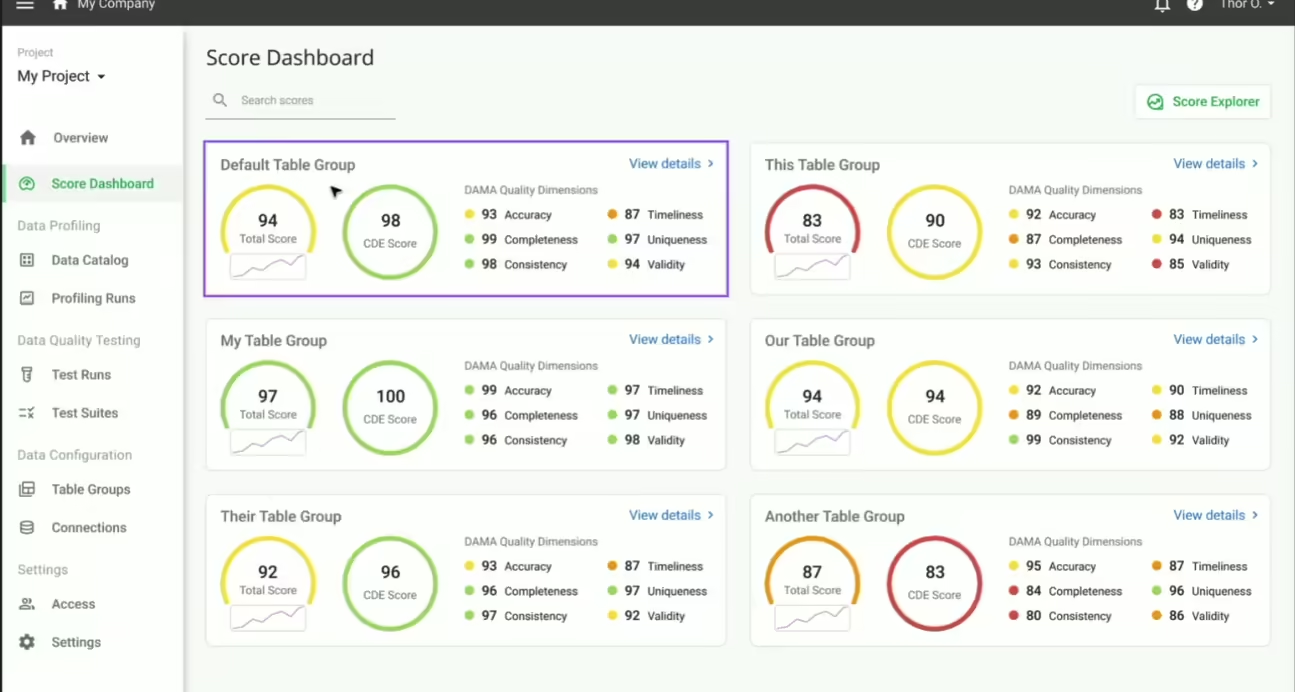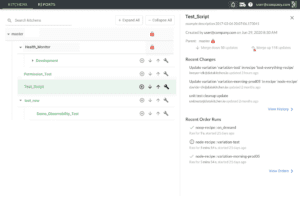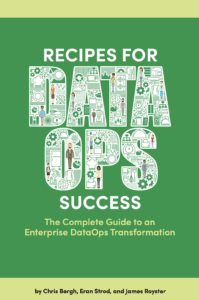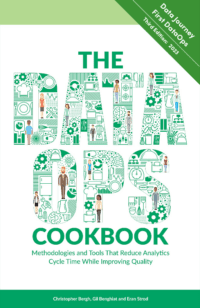It is not the strongest of the species that survives, nor the most intelligent that survives. It is the one that is most adaptable to change.
– Leon C. Megginson on Charles Darwin “Origin of Species”
Adapt or face decline. The agile alliance defines “business agility” as the ability of an organization to sense changes internally or externally and respond accordingly in order to deliver value to its customers. Responsiveness and flexibility can enable a business to survive disruptive change and thrive in uncertain times. Companies that move slowly get left behind.
The agile alliance definition of business agility consists of two parts. First, a business has to sense change, and next, respond accordingly. If a company is slow to perceive change, then it will be slow to react.
Data-driven companies sense change through data analytics. Analytics tell the story of markets and customers. Analytics enable companies to understand their environment. Companies turn to their data organization to provide the analytics that stimulates creative problem-solving. The speed at which the data team responds to these requests is critical. A business cannot adapt to change faster than its ability to understand itself and its environment. Rapid, responsive analytics enable business agility. Slow and inflexible analytics development processes can be an early bottleneck that limits data-driven agility. Data analytics agility is the most critical and, often overlooked, component of business agility.
The Role of DataOps and the DataOps Engineer
The agility of analytics directly relates to data analytics workflows. If the data team spends half their time executing data operations without automation, they can’t be agile. If it takes months to spin up a development environment, then analytics projects will become irrelevant before they are completed. If the data team is always dealing with data errors and putting out fires, then they’ll be constantly pulled away from their highest priority projects.
You can transform your data analytics workflows by applying methodologies like agile development, DevOps, and lean manufacturing to data pipelines and analytics workflows. Within the data industry, this effort is called DataOps, and it is implemented by someone called a DataOps Engineer. If you want to attain greater business agility through faster, more responsive data analytics, then the DataOps Engineer should be your first hire.
DataOps Engineers implement the continuous deployment of data analytics. They give data scientists tools to instantiate development sandboxes on demand. They automate the data operations pipeline and create platforms used to test and monitor data from ingestion to published charts and graphs.
Through tools automation, the DataOps Engineer eliminates data lifecycle bottlenecks, which sap data team productivity. A DataOps Engineer who understands how to automate and streamline data workflows can increase a data team’s productivity by orders of magnitude. A person like that is worth their weight in gold. The role of the DataOps Engineer goes by several different titles and is sometimes covered by IT, dev, or analyst functions. The DataOps Engineering skillset includes hybrid and cloud platforms, orchestration, data architecture, data integration, data transformation, CI/CD, real-time messaging, and containers.
The capabilities unlocked by DataOps impacts everyone that uses data analytics — all the way to the top levels of the organization. DataOps breaks down the barriers between data analytics development and data operations. It makes data more easily accessible to users by redesigning the data analytics pipeline to be more flexible and responsive. It improves agility, which can positively impact a company’s competitiveness. The rise of the DataOps Engineer will completely change what people think of as possible in data analytics.
With lightning-speed analytics, companies can more nimbly develop and execute strategies that build value. They will have greater success in disrupting markets and establishing a sustained competitive advantage. The DataOps Engineer plays a critical role in making agile analytics happen.







